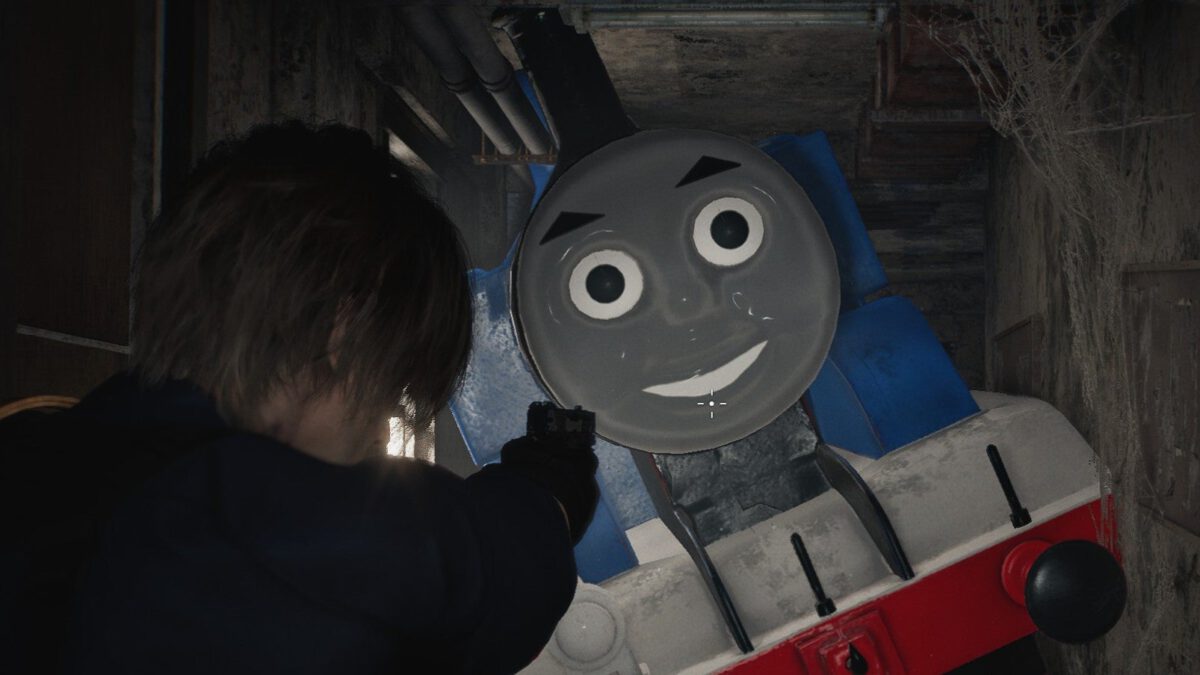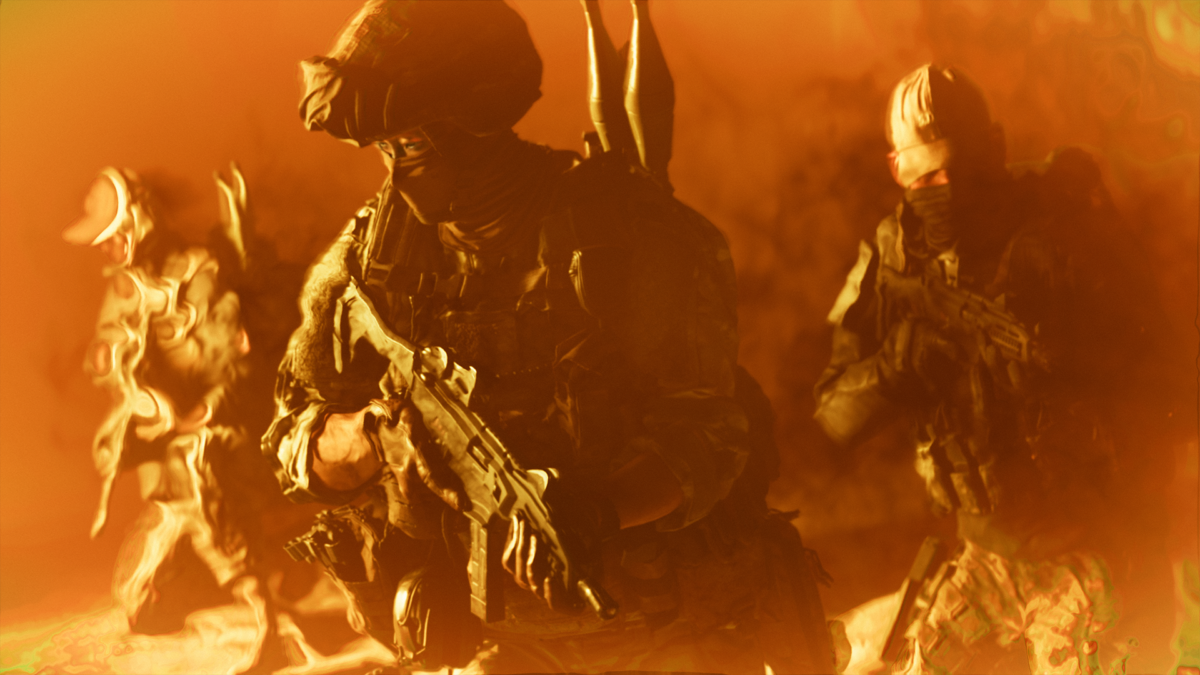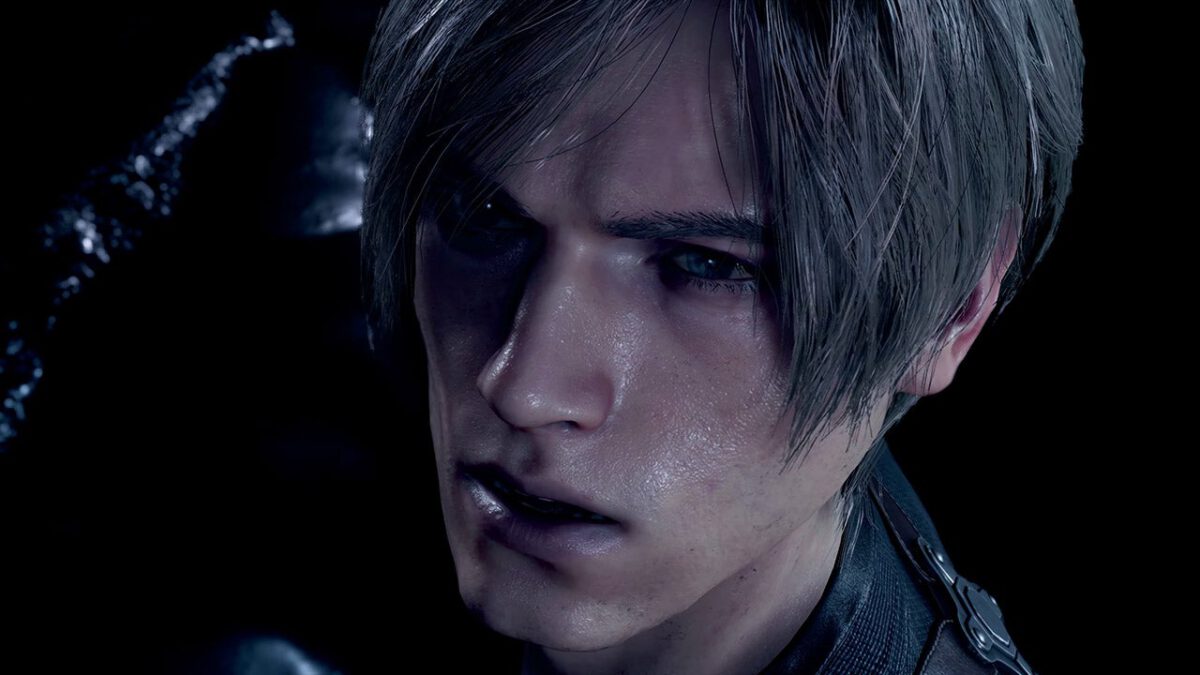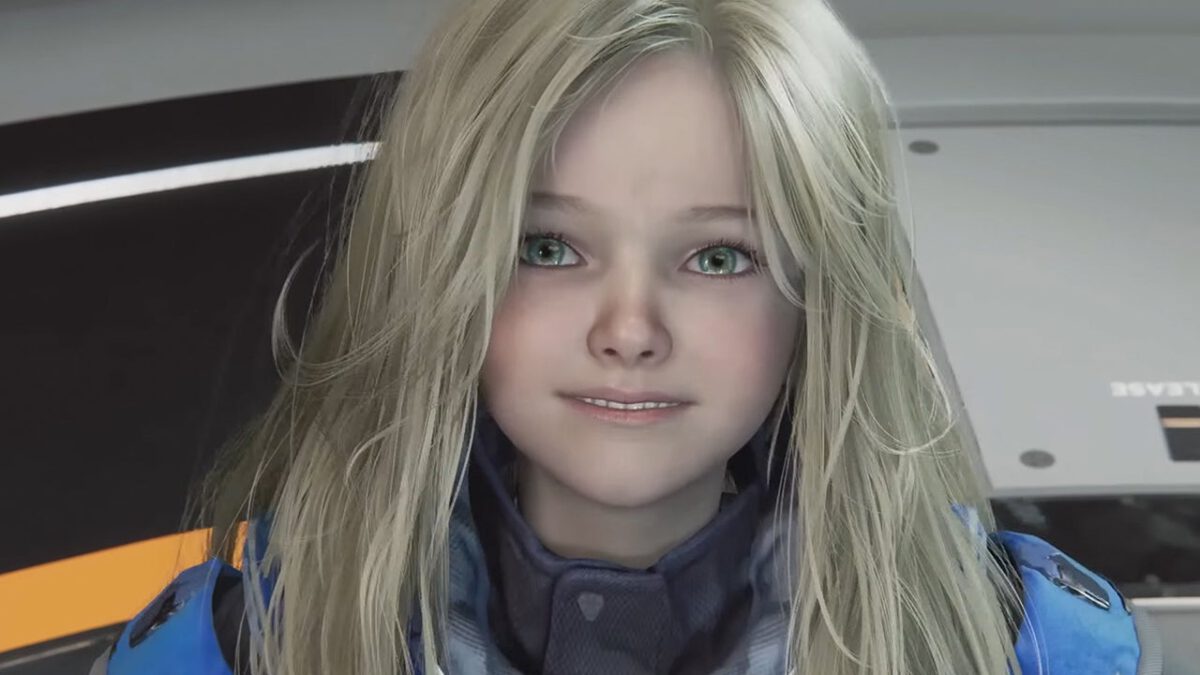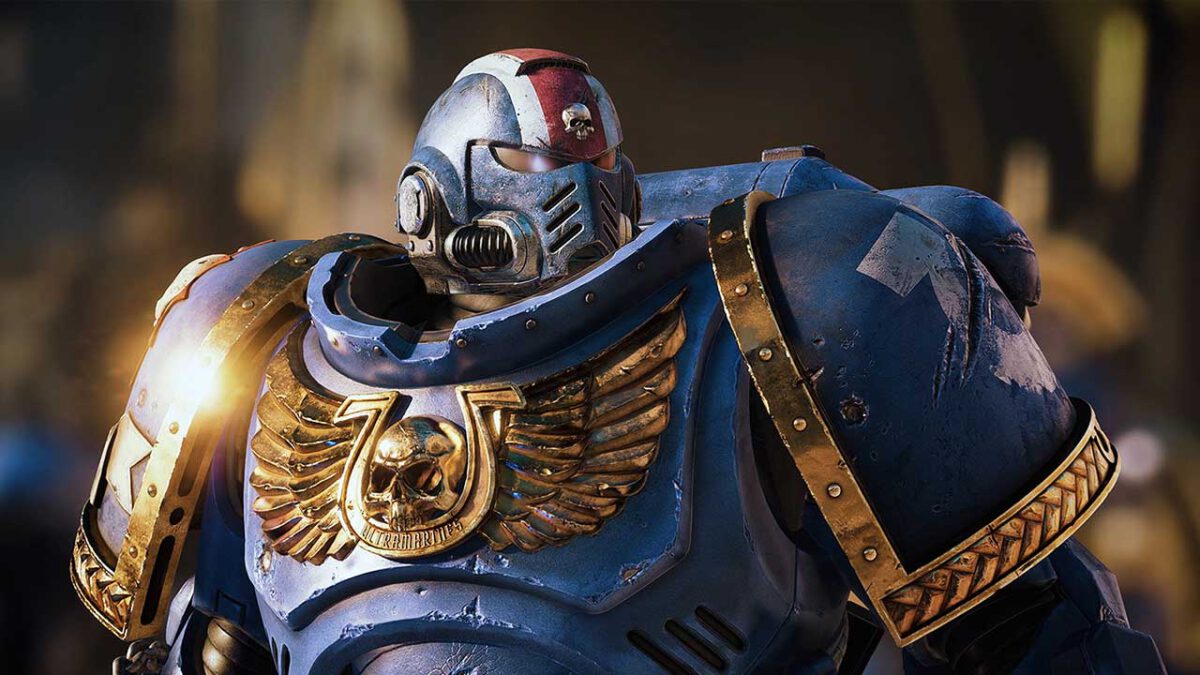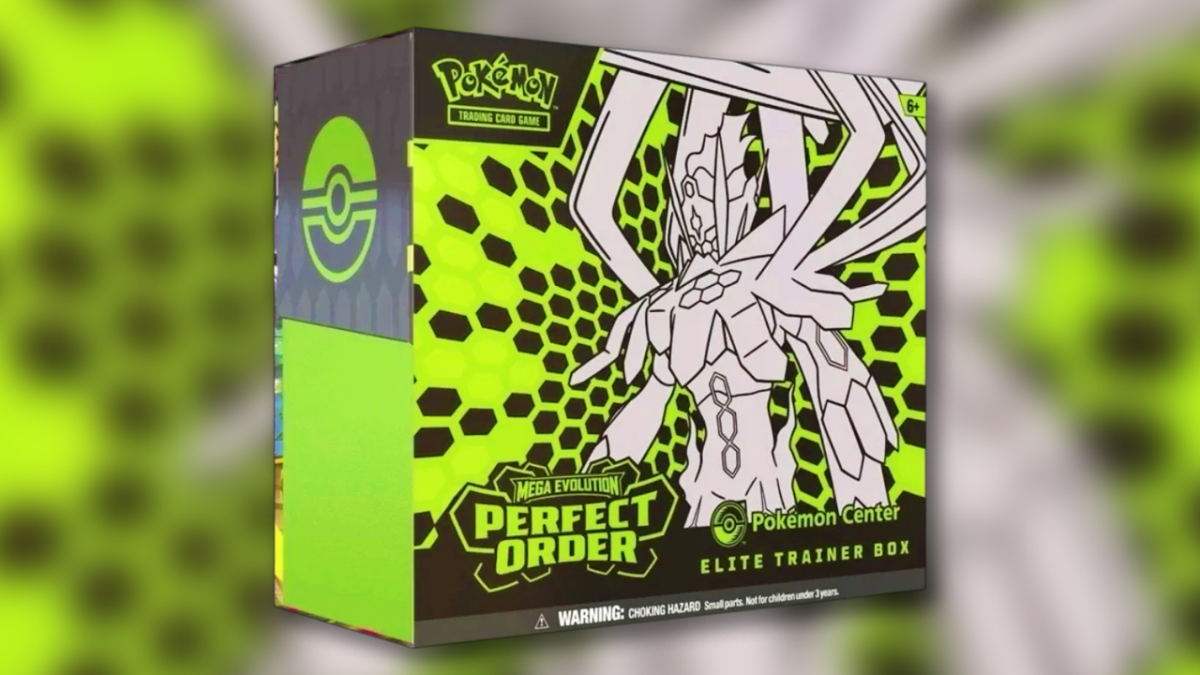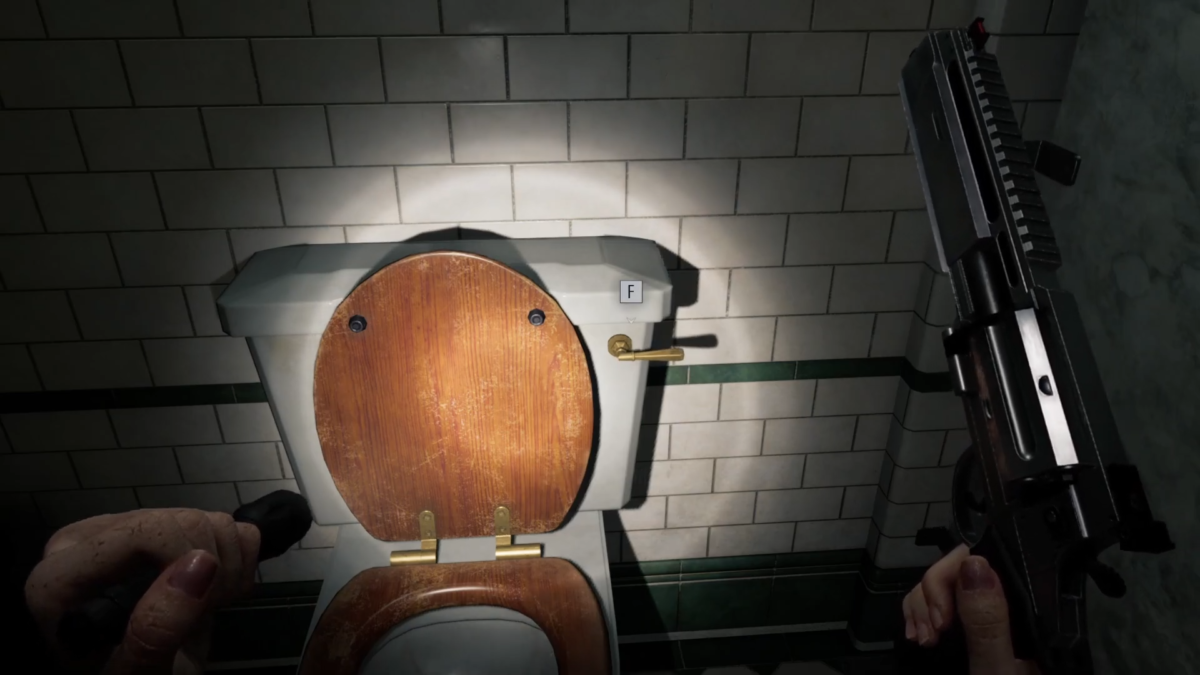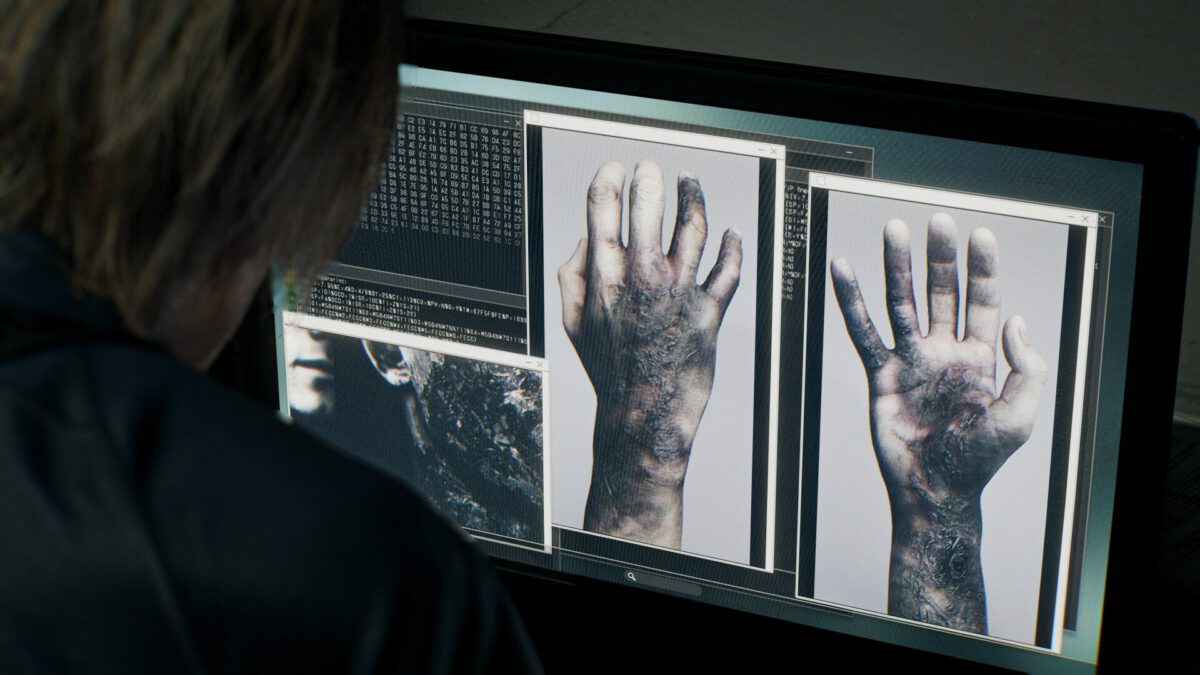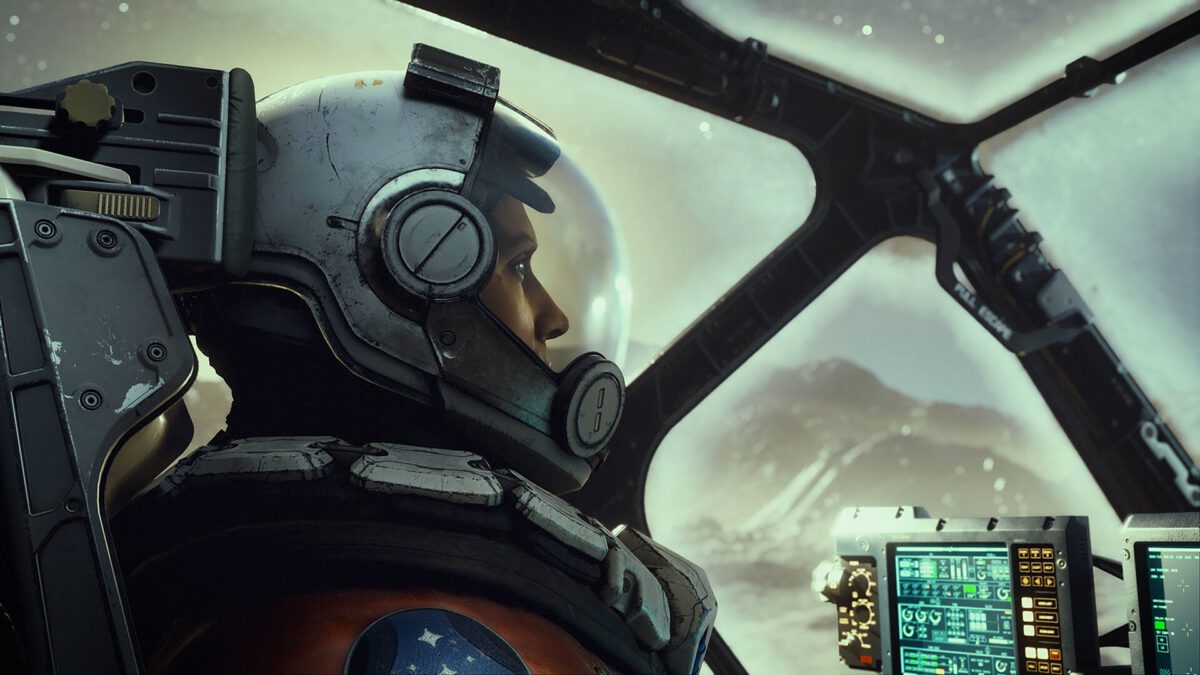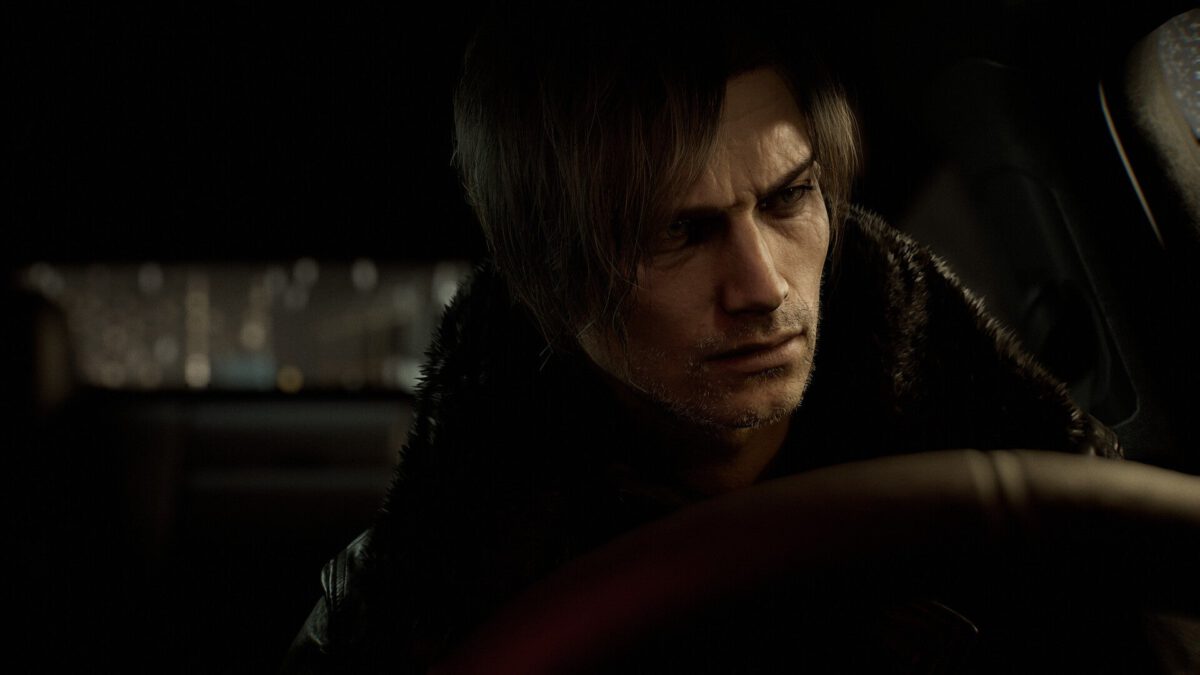
Arachnophobia sufferers are having a tough time with Resident Evil Requiem, but there is help at hand from fellow players — as well as in the shape of a certain cheery choo choo train.
Warning: Spoilers for Resident Evil Requiem follow
Requiem features a giant spider as a major boss fight in Raccoon City, and the knowledge that this sequence is in the game has spawned many, many, many different threads on reddit from Resident Evil fans who experience arachnophobia. In most cases, fans are requesting more information on how horrible the game’s spider section is (it’s quite horrible), while others who made it through the battle are reporting in with their experiences.
Some fans are stuck in a dilemma — they want to play the big new Resident Evil game, but are also dreading reaching a section with a very realistic giant spider boss that’s creepy enough even for those without an actual phobia.
“Trying to be as vague as possible in the title, how is that f***ing giant spider mid-game?” reads one such message, from reddit user saekhama. “Does it come in a jumpscare or you can predict the moment it’s gonna make its first appearance/attack? For reference, I’d say the Skyrim and Witcher 3 spiders are some of the worst, as they’re hairy, realistic and move fast. I don’t think I’m gonna not buy the game because of it, but I might ask a friend to come and play this part for me.”
“It’s horrible,” answered another fan, Tasty_James, in reply. “As someone who can’t get through the Aragog/Shelob scenes in their respective [Harry Potter and Lord of the Rings] films, this has been a f***ing nightmare. It’s huge, hairy, detailed, and f***ing fast… Genuinely the most terrifying experience I’ve ever had during any videogame (and I could probably expand that to all media as well, tbh).
In other discussion threads, players have been offering tips on how to kill the spider boss fast, in order to get it off their screens as quickly as possible.
“I got to the spider boss section! I wasn’t expecting that until the last minute I was like ‘Wait a damn minute… these are webs!’ took me a while to realize it then BOOM, big spooder: Hello There >:)” wrote TheSkateDude6. “How many shots or melee attacks does it take to finish it off? I’ll be playing without my glasses since it will help slightly in a way. If it’s too much for me, I’ll wait for an arachnophobia mode.”
Common tips for this section are to make use of the areas explosive barrels, and of course your Requiem gun. (IGN’s walkthrough also has plenty of advice — and you can find the spider boss fight section here.) Some fans with arachnophobia have reported using less conventional tactics, meanwhile, such as playing without wearing their glasses, or even moving to a smaller TV screen.
“My strategy so far has been to take off my glasses (I’m severely near-sighted),” Tasty_James said, “and sort of look vaguely away from the screen so as to keep it blurry and in my peripheral vision at all times. I haven’t beaten its boss fight yet, obviously, and I have no idea if I’m going to be able to.”
“I played this without my glasses, it’s a blessing in disguise somehow,” wrote Typical-Mixture4376 in another thread. “The smaller ones are freaking me out more than the large one lol,” EqualAd-1348 wrote, in yet another conversation. “Thankfully, I think I will at least be able to manage by playing that segment on my other TV (32″).”
As well as an enormous spider that Leon has to fight, a swarm of mini baby spiders is also featured as part of the same area. On the upside, though, once outside of the one spider section, the game does not feature the enemies ever again.
“It was genuinely the worst experience I’ve ever had with my arachnophobia in a video game,” concluded TheUberMensch123. “It fucking sucks, and in a way is a complement, that the thing moves and looks so goddamn real. I almost had to shut the game off. Hopefully an arachnophobia mod comes out soon.”
While there isn’t an arachnophobia mode add-on yet, NexusMods does host the customary Thomas the Tank Engine mod. While unavailable on consoles, PC players can at least choo choo choose to see Thomas’ giant smiling face bearing down upon Leon rather than that of an enormous arachnid. We’ll leave it up to you to decide which is worse.
Choo choo! https://t.co/Ax5AFzhVEk pic.twitter.com/dsZFt2SIBN
— 🏳️🌈 ΛLISTΞR 🏳️🌈 (@xZombieAlix) March 2, 2026
Whether you’re battling spiders or zombies, IGN’s Resident Evil: Requiem guide will help you every step of the way through RE9. Take note of these key tips and tricks before you get started, and focus on finding these important items early. Plus, our comprehensive walkthrough will make sure you don’t miss a single Bobblehead or file as you try to survive from the Rhodes Hill Chronic Care Center all the way to Raccoon City.
Image credit: xZombieAlix.
Tom Phillips is IGN’s News Editor. You can reach Tom at tom_phillips@ign.com or find him on Bluesky @tomphillipseg.bsky.social

